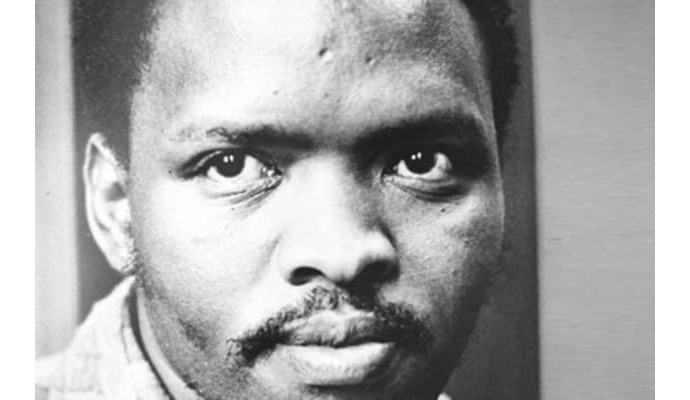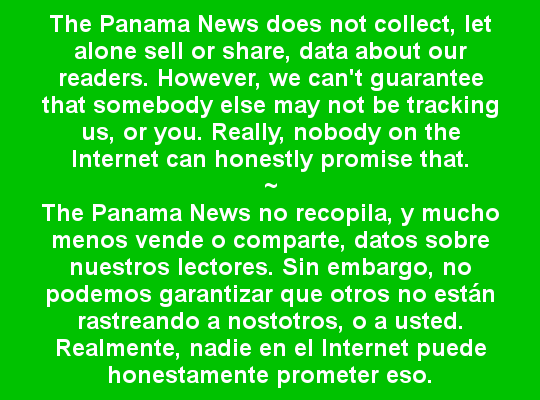“The most potent weapon of the oppressor is the mind of the oppressed.” – Steve Biko.
Election season ethics
by Miguel Antonio Bernal
A fleeting visit some five years ago by the renowned philosopher Fernando Savater put before us the value of ethics and the values that every society requires.
The prolific writer, whose books I have recommended for years, when lecturing at the University of Panama let loose with some hard-hitting truths that no doubt staggered more than just the academic dignitaries in togas and the attending public.
He reminded Panamanians that over time: “There is no people that has preferred lies to the truth. Lies, like cowardice and greed, are weaknesses and nobody values them.” He pointed out that “the corrupt take advantage to play with advantage. The corrupt know that there are others who are not corrupt and take advantage of this situation.” (We might add the mediocre.)
Savater was also just and precise when he emphasized that “The politicians do not have the obligation to be good. It’s úp to the citizens to establish limits to their management. If the politicians run things badly, we will have done worse than choosing them if we do not change them.”
It reminds me of the wise teaching of Simone de Beauvoir: “The oppressor would not be so strong if he had no accomplices among the oppressed themselves.”
Savater also pointed out something that is in all his work: “ethics is useful to distinguish between good and bad.”
Which reminds me of a Cherokee elder who said to his grandson: “My son, within each of us there is a battle between two wolves: One is evil. It is anger, envy, resentment, inferiority, lies and ego. The other is benevolent. It is joy, peace, love, hope, humility, kindness, empathy, truth.” The boy thought a little and asked: “Grandpa what wolf wins?” The old man answered, “The one you feed.”
We know which wolf the magistrates of the Electoral Tribunal feed. Let us ask ourselves, then: How eager are the presidential candidates to imitate them?













